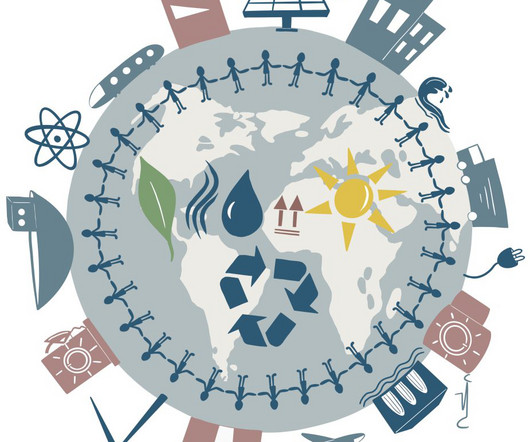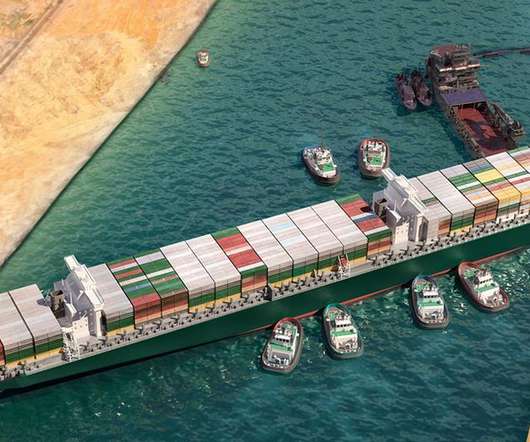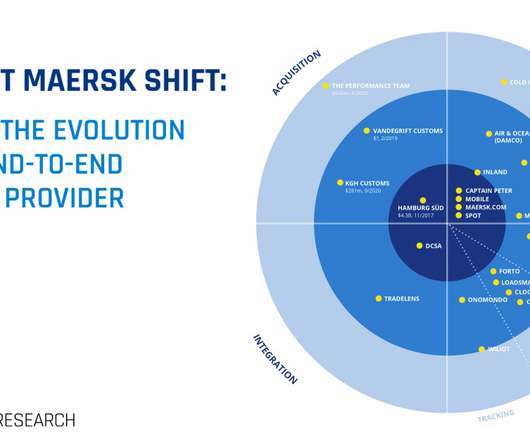Responding to the 2023 IMO GHG Strategy
The Logistics & Supply Chain Management Society
SEPTEMBER 14, 2023
He is co-author of the Practical Playbook for Maritime Decarbonisation, and co-editor of Maritime Decarbonization Mikael Lind is world’s first (adjunct) Professor of Maritime Informatics engaged at Chalmers, and Research Institutes of Sweden (RISE). Use a ‘five decarbonisation lever’ framework to develop a road map for decarbonisation.
















Let's personalize your content